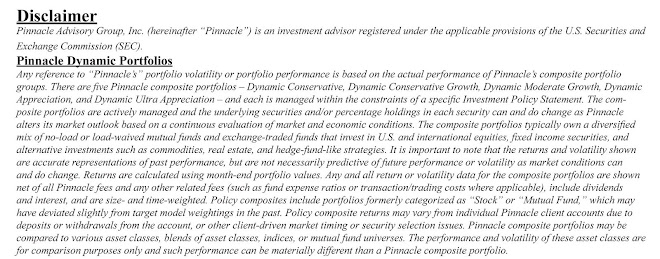My recent business trip to Tucson and Fresno gave me the opportunity to finish reading Andrew Ross Sorkin’s book, Too Big to Fail: The inside story of how Wall Street and Washington fought to save the financial system - and themselves. Here are a few comments about the book that you might not read in any other book review.
Sorkin’s book is written in a style that puts you in the room with all of the players in the crisis. Since he obviously wasn’t there to hear what was actually said first hand, as a reader we are relying on his research to be accurate. Is this history or fiction? This literary device is absolutely gripping for the reader, but it requires us to be a little suspicious about the details.
The financial crisis created an amazing environment of forced deal-making as the major investment banks cast around looking for merger partners. Sorkin introduces us to many of the characters in each deal, which in turn gets to be a lot of characters. By the end of this book you may wish you took notes on “who’s who.” We get a fascinating look into how quickly hundreds of bankers can assemble in New York at a moment’s notice when called, and a different appreciation for corporate jets.
Warren Buffet comes across as an unlikely hero in this tale. The bankers obviously fear him and don’t want to make a deal with him because he demands “too much value.” I was struck by an early scene where Buffett settles in for the night to personally read Lehman Brother’s annual report and decides there are too many outstanding questions for him to pursue a deal. I just love the vision of the Oracle of Omaha doing his own homework to turn down a $5 to $10 billion deal (he later invests in Goldman Sachs).
How about Treasury Secretary, Hank Paulson, so exhausted in trying to put together the TARP legislation, that he has dry heaves at the office? I thought Paulson comes across as a heroic character in the book…a view that I didn’t have prior to my read.
I particularly enjoyed the language of the deal making among the major players. CEO’s of huge investment banks calling each other to say, “It might be interesting for us to have a conversation,” which meant, “I have to do a deal with you or we will be out of business next week.” Several banks apparently came within 24 hours of joining Lehman in bankruptcy.
I remember Pinnacle’s decision to sell our financial sector equity positions in February of 2009. At the time we thought the entire sector had become nothing more than a speculation on government intervention in the market. Reading the book confirms just how correct we were in our assessment, and just how close we came to a complete economic catastrophe. Sorkin gives us an insightful look into the power of government intervention in the financial markets in 2008. I wonder if there is the political will to do anything even remotely similar in the future in the U.S. I doubt it.

